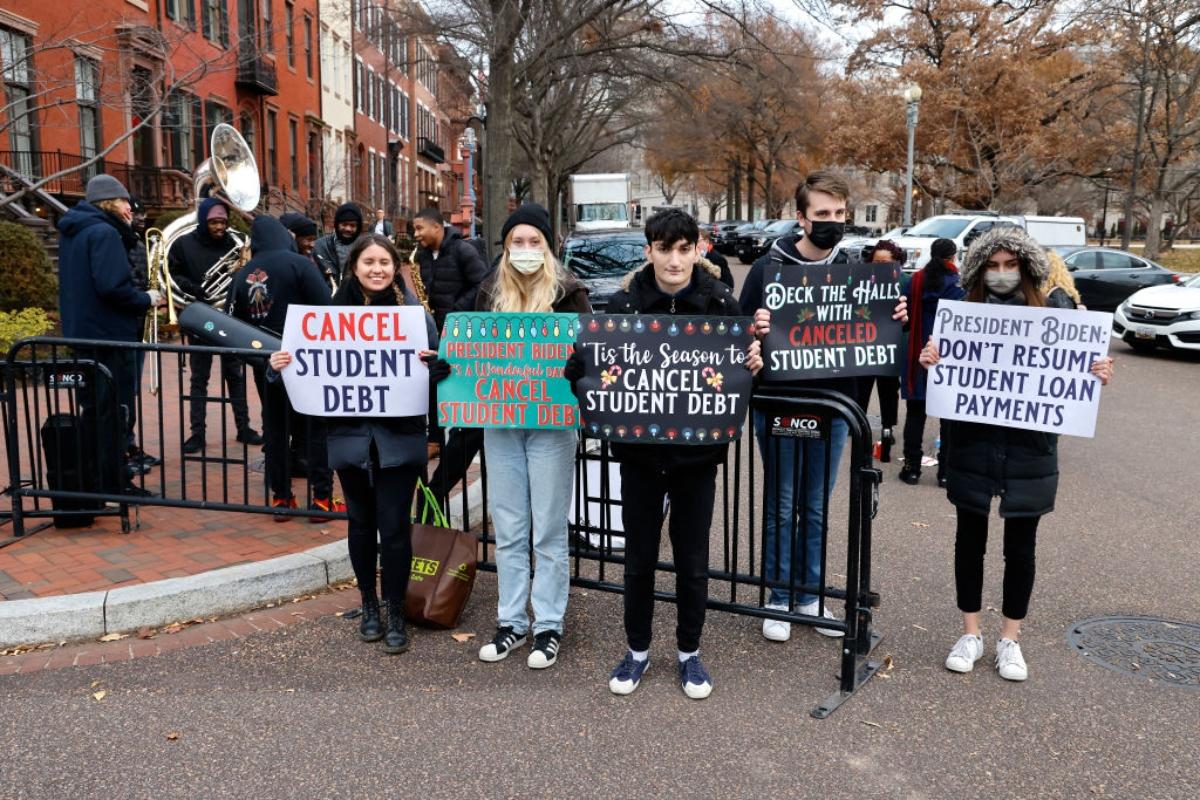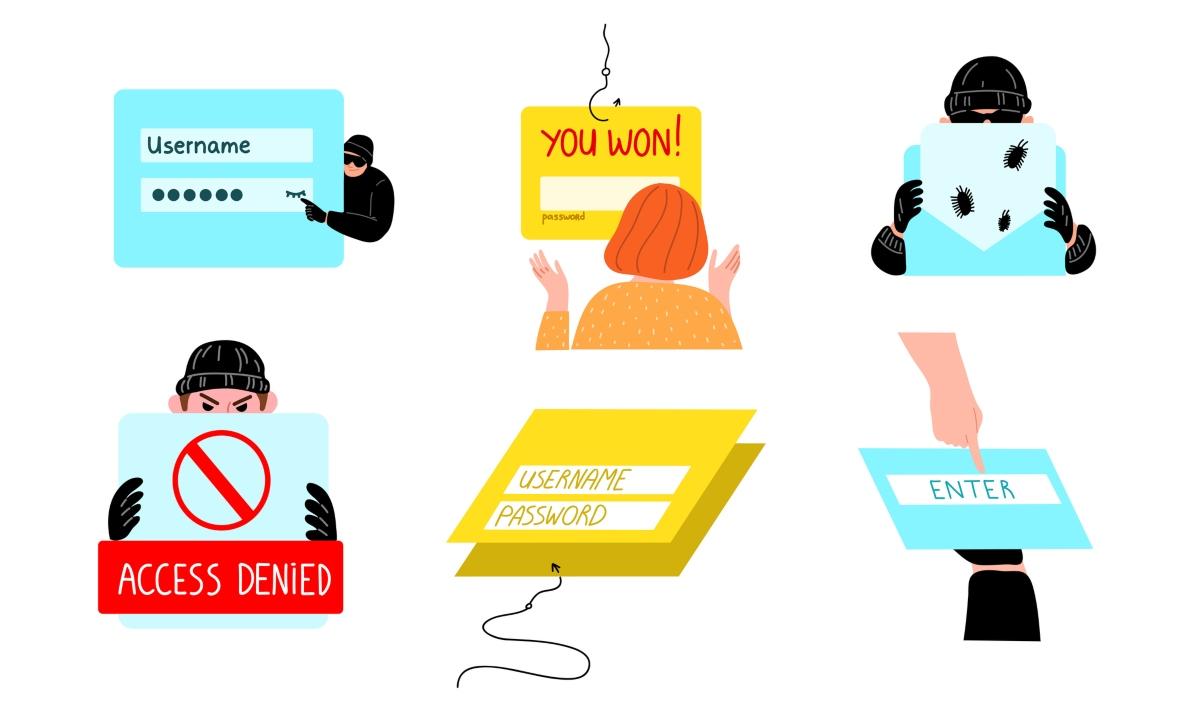Watch Out For Mia Torres Student Loan Scam Calls
Mia Torres phone calls claiming to offer student loan forgiveness are scams. Here's how to avoid scammers, whether by phone, email, text message, or social media.
Dec. 21 2021, Published 1:44 p.m. ET

Not many people would turn down free money, which is why scammers use that ploy to dupe millions of consumers every year. The Mia Torres student loan scam is one of the more recent instances of hackers and scammers trying to gain access to people’s personal information. Scamadviser, a YouTube channel, explained this scam.
The fact that many people do business online rather than over the phone should help some people avoid falling prey to the Mia Torres scam. However, it’s important to review basic guidelines that apply in all types of scam attempts. Robo-callers who claim to be from an organization offering you some type of loan relief aren't legit.
What is the Mia Torres student loan scam?
Mia Torres is the name used recently by robo-calling scammers attempting to find out sensitive data about their targets. In the phone call, someone claiming to be Mia Torres speaks as though the call recipient should have received a notice about student loan forgiveness or discharge.
Several people commented on Scamadviser’s YouTube channel, saying that they had received a similar voicemail. The caller always claims to want to go over qualifications for loan forgiveness and speaks in a friendly tone, as if she doesn’t want the person to miss out.
Two key red flags stand out: it’s a pre-recorded message, and it’s promising something unlikely (loan forgiveness). Some commenters on Scamadviser said they didn’t even have student loans.
Scammers want your personal information
Whether the means of contacting you is by telephone, email, social media, or mail, the objective of the scammer is always the same. They want to gain access to the victim’s personal information, such as their Social Security number or bank account numbers, which could enable them to steal directly from accounts or open accounts and rack up debt.

Protestors gather to ask Biden for student loan forgiveness in December 2021.
Why student loans are used in scams
With the upcoming end of student loan forbearance at the end of Jan. 2022, borrowers may be anxious about having to resume payments. And after months of speculation on whether Biden will forgive federal student loans, it’s no wonder scammers are using student loans as a means of stealing data from borrowers.
If you receive a call from someone claiming to be Mia Torres (or any other name) that mentions possible student loan forgiveness, remember the old adage, “if it sounds too good to be true, it probably is.”

Scammers want info like usernames, passwords, and account information.
Signs of scams to recognize
The FTC says a few common red flags signal a scam:
Pretending to be from an organization you know (Amazon scams are an example of this)
Claiming there’s a problem or a prize (in this case, it’s the prize of loan forgiveness).
Pressure to act quickly.
Telling you to pay in a specific way.
The Consumer Financial Protection Bureau (CFPB) also has advice to help consumers avoid scams. The organization notes that student loan forgiveness and discharge are quite rare, and borrowers usually must apply through a specific program.
In general, you can protect your data through a few basic guidelines:
Don’t give out personal information in response to an unsolicited request.
Don’t click on links in emails, texts, or social media messages.
Look up any organization yourself rather than using a phone number or contact information in any suspicious phone call or other message.
